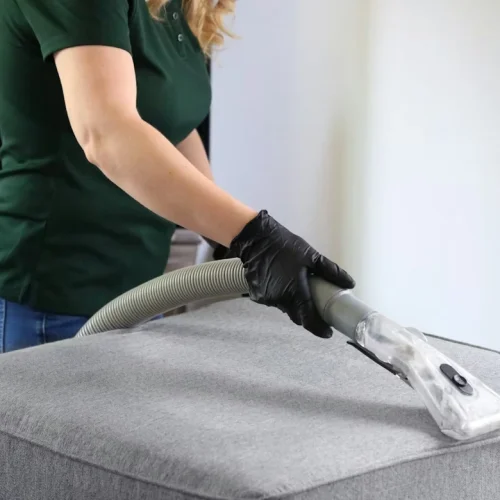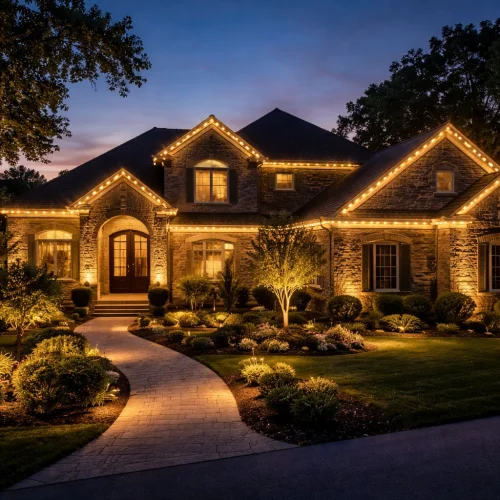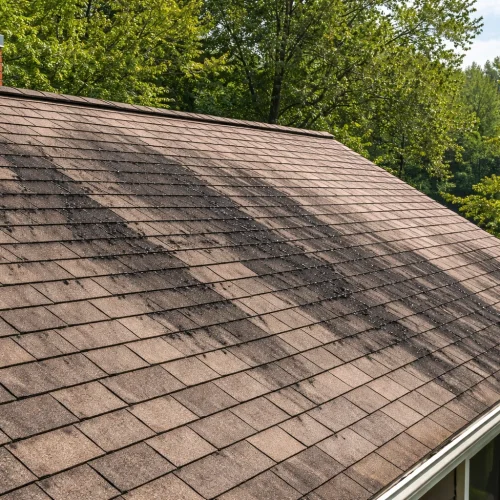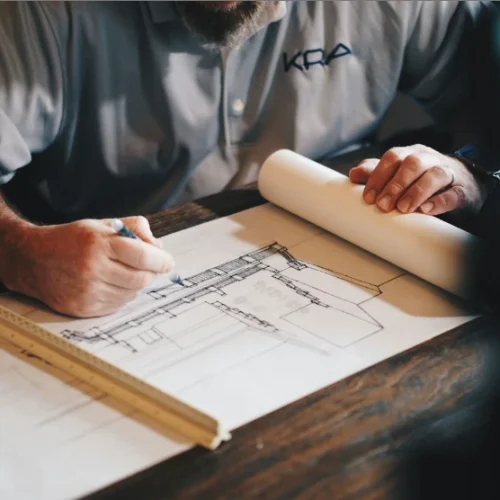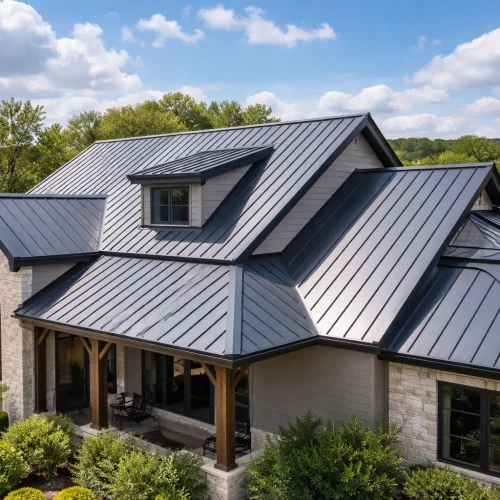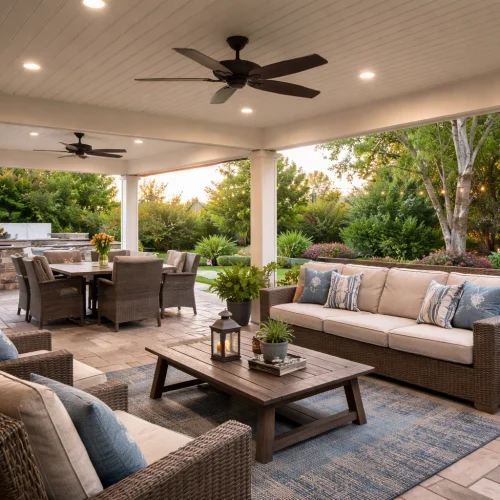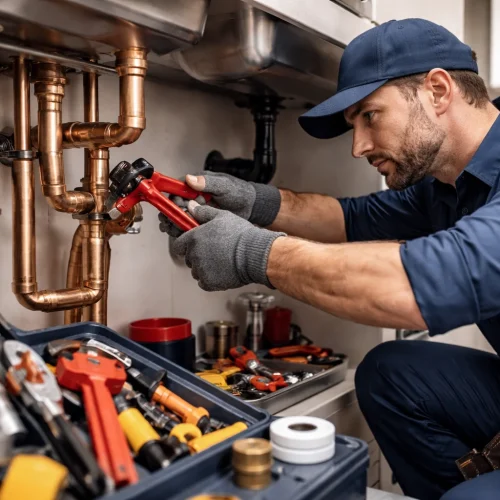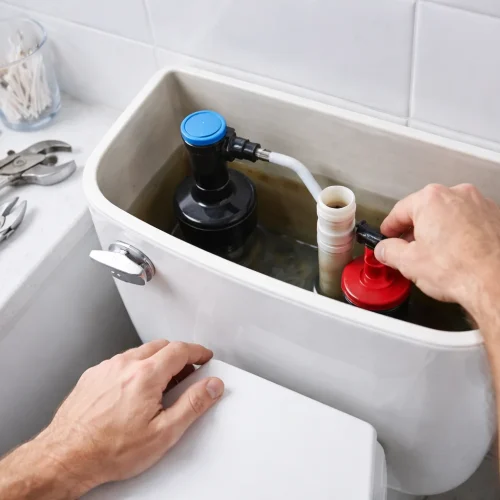When cold weather hits Metro Atlanta, plumbing issues can sneak up on homeowners fast. A single freezing night can cause pipes to crack, burst, or leak, leading to expensive repairs and a lot of stress. Taking a few preventive steps before temperatures drop can save you time, money, and hassle. Here’s how to keep your pipes safe and your water flowing all winter long.
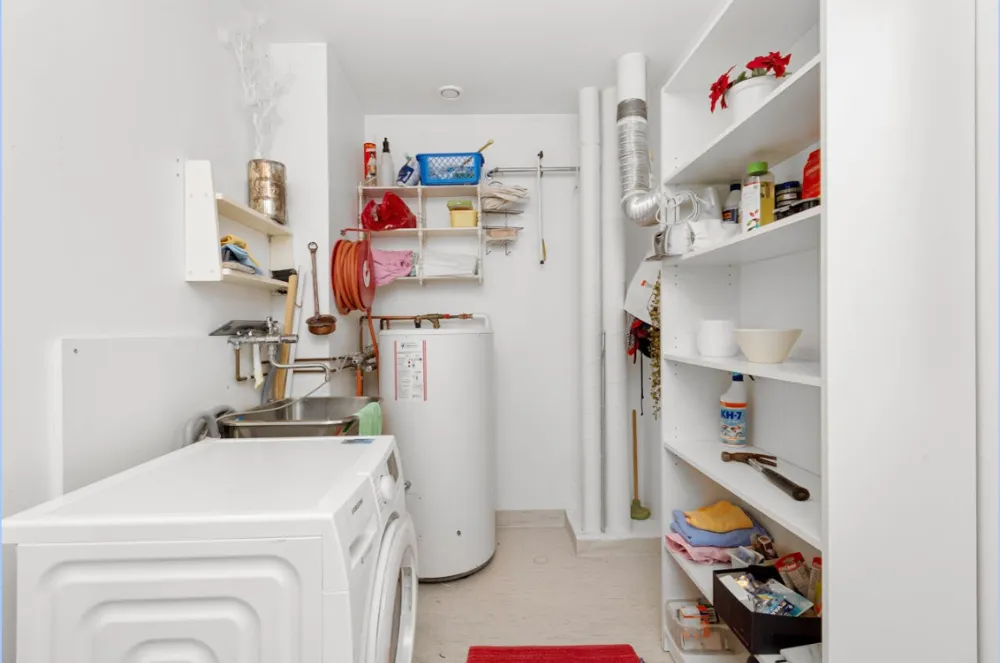
Why Atlanta Homes Aren’t Built for Freezes
Metro Atlanta isn’t known for brutal winters, which means many homes aren’t designed with extreme cold in mind. Pipes often run through uninsulated walls, crawl spaces, and attics, which can get surprisingly cold overnight. When the temperature dips below freezing, the water inside those pipes expands and may split the line. Even a tiny crack can lead to major damage once things thaw out. Frozen pipes can flood walls, ruin flooring, and cause mold problems. That’s why taking precautions early in the season is key.
Call in a Pro Before It Gets Cold
Getting help from a local emergency plumber before winter hits can make a world of difference. They know which parts of Metro Atlanta homes are most vulnerable and can spot small issues before they become disasters. A quick inspection might reveal weak joints, uninsulated pipes, or outdated fixtures that could fail under pressure. If you’re not sure what to look for, a plumber can guide you through the fixes that matter most. Sometimes, just adding insulation or replacing an old valve can prevent thousands in water damage later.
Give Those Pipes a Warm Coat
Insulating your pipes is like putting them in a winter jacket. Foam sleeves or wrap tape are cheap, easy to install, and perfect for spots like garages, basements, and crawl spaces. Focus on any exposed areas or exterior walls, since they lose heat first.
Don’t forget about the pipes under your sinks, either. If they sit against an exterior wall, they’re prime freezing targets. Leave your cabinet doors open on cold nights so warm air can circulate inside. While you’re at it, this is a good time to check your home for simple exterior upgrades like sealing gaps or adding insulation that can improve energy efficiency and protect your plumbing from cold drafts.
Stop the Drafts Before They Sneak In
Cold air can find its way through the smallest openings. Check around doors, windows, and the base of your home for gaps. Seal them with caulk or expanding foam to keep icy air out. If you have a crawl space or unfinished basement, cover any vents during freezing spells. This helps trap a bit of warmth around your plumbing and keeps the temperature steady. Just remember to open them again when the weather warms up to avoid moisture problems.
Let Your Faucets Do a Little Work
When it’s really cold out, letting your faucets drip slightly can make a big difference. A small trickle keeps water moving and prevents it from freezing inside the line. It might raise your water bill by a few cents, but it’s much cheaper than a burst pipe. Also, keep interior doors open at night so warm air can circulate throughout the house. Every little bit of warmth helps protect your plumbing system.
Don’t Forget the Outdoor Stuff
Outdoor faucets and hoses are always the first to freeze. Before the first freeze warning, disconnect and drain your hoses completely. Then, shut off the interior valve that supplies outdoor water and open the faucet outside to let it drain. If your house doesn’t have frost-proof spigots, it’s worth installing them. Adding simple faucet covers is another affordable layer of protection for those extra chilly nights.
Keep Your Water Heater Cozy Too
Your water heater works overtime during the winter. Make sure the area around it, like a garage or basement, stays warm and insulated. You can wrap it in a water heater blanket for extra protection and efficiency. It’s also a great time to flush the tank and remove any sediment buildup. That keeps your water clean and helps your heater run smoothly throughout the cold season.
What to Do If Things Still Freeze
Even with preparation, sometimes pipes still freeze. If you notice a sudden drop in water pressure or no water at all, turn off your main water valve immediately. Then try to find the frozen section and warm it gently with a hair dryer or space heater. Avoid using anything with an open flame. It’s dangerous and often damages the pipe further. If you can’t find the blockage or see a leak forming, call a plumber right away. Acting fast can keep a small issue from becoming a full-blown flood.
Quick Checklist for Atlanta Homeowners
- Add insulation to exposed pipes
- Drain and disconnect garden hoses
- Open cabinets under sinks during cold spells
- Let faucets drip on freezing nights
- Seal gaps around windows and walls
- Insulate your water heater
- Know where your main shut-off valve is
These small steps can make a big difference when the temperatures suddenly drop.
Stay Ahead of Winter Trouble
Metro Atlanta’s weather can change overnight, so don’t wait for the first freeze warning to act. A little prep work now will save you from costly repairs later. Keep your pipes insulated, your faucets dripping when needed, and your plumber’s number handy. With a bit of care, you’ll sail through winter without worrying about frozen pipes or flooded floors.
FAQs
Because many homes lack insulation in walls, crawl spaces, and attics, pipes are more exposed to sudden temperature drops.
Pipes can begin freezing when outdoor temperatures fall below 32°F for several hours.
Low water pressure, slow flow, or no water at all are early signs of freezing inside the line.
Insulating exposed pipes and letting faucets drip on freezing nights helps keep water moving.
Yes. Opening them allows warm indoor air to reach pipes along exterior walls.
Hoses trap water that can freeze and send pressure back into your pipes, causing them to burst.
Faucet covers add an extra layer of protection and help prevent outdoor spigots from freezing.
Yes. Cold surroundings force it to work harder, so keeping the area insulated improves performance.
Shut off your main water valve, warm the pipe gently with a hair dryer, and call a plumber if you see leaks.
If you spot cracks, leaks, or can’t locate the frozen section, it’s best to call a professional immediately.


